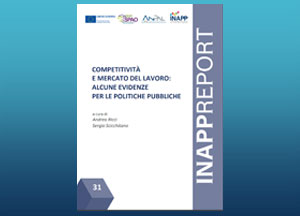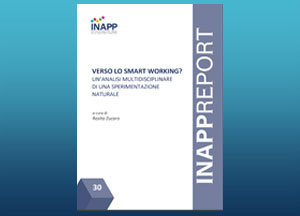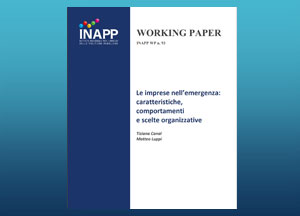Research work carried out by the Institute in this field primarily focuses on analyzing labour market structure and dynamics, and the productive context, as well as assessing active and passive labour policies.
In particular, research work addresses the following issues: employment composition, job supply evolution, wage and income distribution; consequences of structural phenomena in the social, demographic and technological framework as regards labour market dynamics, with special attention to the role played by the institutional regulation and by industrial relation structures regulation, to the topic of gender inclusion and participation, and to the development models of work organization ; functionality of the business context with special attention to the analysis of productivity, investments, cost of labour, and human resource management in domestic labour markets; socio-economic and econometric analysis and assessment of public policies covering the following subject-matters: the shift in labour market institutional structures, fiscal stimulus schemes aimed at employment and investments, and, in more general terms, projects funded in the context ofthe Italian NRRP (i.e. the National Recovery and Resilience Plan).
The area of interest involving human capital accumulation and its alignment with forecasts on professional demand (and the related training requirements) spans across the two macro-areas of labour and training.
Research and analysis activities are aimed at investigating such cognitive tools, methodologies and empirical evidence in the socio-economic field as might serve as an open knowledge base available to policy-makers in view of public policy decisions and action measures regarding labour, business system, social security and investment in human capital. This context also includes the analysis of measures taken in these fields at three policy-making stages (ex ante, in itinere, and ex post), while paying attention to the gender impact approach.
Related publications


